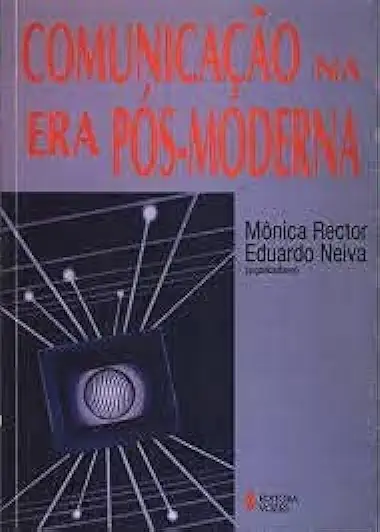
Communication in the Postmodern Era - Monica Rector
Communication in the Postmodern Era: Navigating the Labyrinth of Meaning in a Fragmented World
In the ever-evolving landscape of communication, the postmodern era presents a unique set of challenges and opportunities. Monica Rector's groundbreaking book, "Communication in the Postmodern Era," delves into the complexities of communication in this transformative period, offering a comprehensive guide to understanding and navigating the intricacies of postmodern discourse.
Deconstructing the Postmodern Paradigm
The postmodern era is characterized by a profound shift in cultural, social, and intellectual paradigms. Traditional notions of truth, objectivity, and authority have been replaced by a fragmented and decentralized understanding of reality. Rector expertly unpacks these postmodern concepts, providing readers with a solid foundation for comprehending the complexities of communication in this new era.
The Death of Grand Narratives and the Rise of Multiple Perspectives
Postmodernism challenges the existence of a single, overarching narrative that explains the world. Instead, it embraces multiple perspectives and celebrates the diversity of human experience. Rector explores the implications of this shift, highlighting the challenges and opportunities it presents for effective communication. She argues that postmodernism demands a more nuanced and empathetic approach to communication, one that acknowledges and respects the validity of different viewpoints.
The Power of Deconstruction and the Subversion of Meaning
Deconstruction, a key concept in postmodern thought, involves critically examining the underlying assumptions and power structures embedded in language and discourse. Rector demonstrates how deconstruction can be a powerful tool for exposing hidden agendas and challenging dominant ideologies. By deconstructing messages, we gain a deeper understanding of the ways in which meaning is constructed and manipulated.
The Fragmentation of Identity and the Search for Authenticity
In the postmodern era, the notion of a fixed and coherent self has been replaced by a fragmented and fluid sense of identity. Rector explores the implications of this fragmentation for communication, arguing that it necessitates a more flexible and adaptable approach to self-expression. She encourages readers to embrace their multifaceted identities and to seek authenticity in their communication.
The Role of Technology and the Transformation of Communication
Technology has played a pivotal role in shaping communication in the postmodern era. Rector examines the impact of digital media, social networking, and the internet on our communication practices. She highlights the benefits and drawbacks of these technological advancements, emphasizing the need for critical engagement and responsible use.
Reimagining Communication for a Postmodern World
In the final section of the book, Rector offers practical strategies for effective communication in the postmodern era. She emphasizes the importance of active listening, empathy, and cultural sensitivity. She also encourages readers to embrace ambiguity and uncertainty, recognizing that these are inherent features of postmodern communication.
Conclusion: Embracing the Complexity of Postmodern Communication
"Communication in the Postmodern Era" is a must-read for anyone seeking to understand and navigate the complexities of communication in our rapidly changing world. Monica Rector's insightful analysis and practical guidance provide readers with the tools they need to thrive in the postmodern era, fostering meaningful connections and promoting positive social change.
Enjoyed the summary? Discover all the details and take your reading to the next level — [click here to view the book on Amazon!]